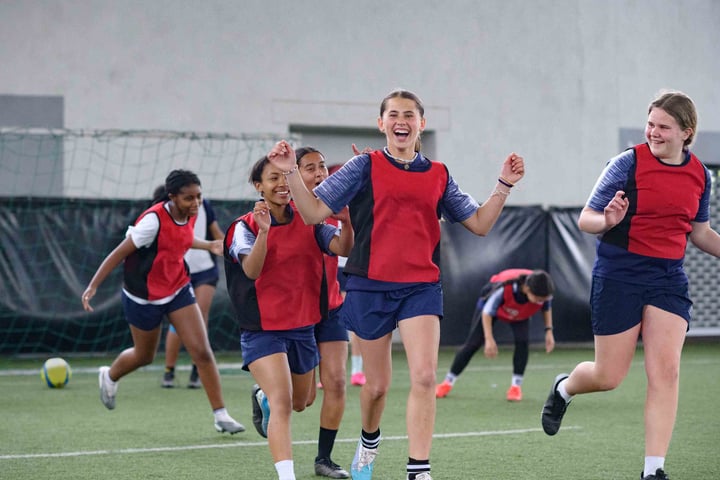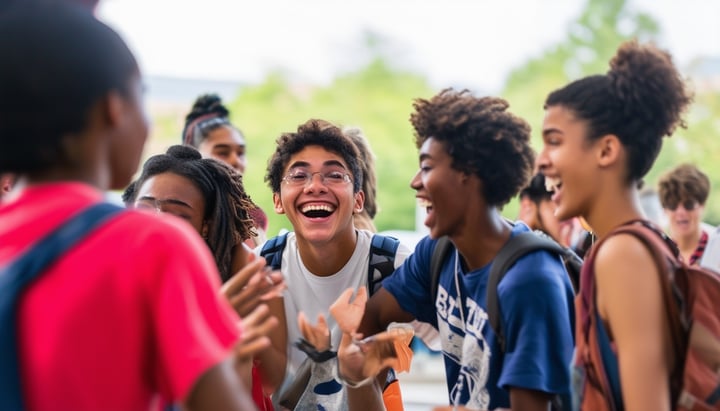-
Colleges
-
Graduate School
-
Scholarships
- $2,000 No Essay Scholarship Enter to win our no essay $2,000 college scholarship in 2 minutes or less.
- Scholly Scholarships Easily find and sort through thousands of college scholarships for free.
- Scholarships for High School Seniors Explore scholarships for high school seniors and get tips on how to apply.
- Scholly Easy Apply Scholarships Apply for up to $10,000 in scholarships each month with just one form.
- $5,000 Grad School No Essay Scholarship Enter to win our $5,000 no essay grad school scholarship in 2 min or less.
-
Financial aid
- Financial Aid Grants, work-study, and federal student loans can all be part of your financial aid package.
- FAFSA® Guide Learn how to answer the 2026-27 FAFSA® questions like a pro.
- Financial Aid Offers Compare financial aid offers to determine the most affordable schools for you and your family.
- College Grants Learn more about federal and state grants and how to apply.
- Federal Pell Grants Discover what a Pell Grant is, who is eligible, and how to apply.
- Financial Aid Resources Get expert guidance on maximizing your financial aid options to make education more affordable.
-
Pay for School
- Sallie Mae® Student Loans
- Private Student Loans Find a private student loan designed to fit your needs.
- Undergrad Student Loan For college students earning a bachelor's or associate's degree.
- Graduate Student Loans Choose the right loan for your graduate degree or post-graduate studies.
- Career Training Loan For students taking professional training or certificate courses.
- Student Loan Resources Everything you need to navigate student loans with confidence.
College interview tips: What to say and what to avoid
5 key takeaways about college interviews
- College interviews are a chance to show who you are beyond grades and test scores.
- Prep matters: research the school and practice common questions in advance.
- Honesty and enthusiasm go a long way—don’t try to sound like a robot.
- Don’t wing it, overshare, or talk negatively about your current school or others.
- Asking thoughtful questions shows maturity and real interest in the college.
How do college interviews work?
College interviews are usually optional, but they’re a great chance to add a personal touch to your application. They can be in person, virtual, or even over the phone. You’ll typically meet with an admissions officer, an alum, or a trained volunteer. The goal? Help them get to know the real you—and give you a chance to learn more about the school too.
Enter to win a $2,000 scholarship
No essay | Apply in 2 minutes or less
Most interviews last 30 to 60 minutes and feel more like a conversation than a pop quiz. That said, you still need to be prepared.
How important are college interviews in the admissions process?
College interviews aren’t usually make-or-break. But they can make a meaningful difference—especially at smaller or highly selective schools that value personal qualities and fit. Think of your interview as a chance to reinforce your application and stand out in a crowded field.
Even if the interview is optional, doing it shows initiative. And if you’re waitlisted, a great interview could help tip the scales in your favor.
Common college interview questions to expect
Some questions are pretty universal. Get ready for ones like:
- Why do you want to attend this college?
- What do you want to major in, and why?
- What are your strengths and weaknesses?
- Tell me about a challenge you’ve faced and how you dealt with it.
- What do you do outside of school?
- What’s a book, movie, or experience that shaped who you are?
They might also ask about your current high school experience, leadership roles, favorite subjects, or long-term goals.
How to answer interview questions effectively
Be honest, thoughtful, and specific. Avoid memorized answers or generic clichés. Instead of “I want to go here because it’s a great school,” talk about a specific program, professor, or club that excites you.
Use the STAR method (Situation, Task, Action, Result) when telling stories. If asked about a challenge, don’t just describe the problem—explain what you did and what you learned.
Practice helps, but don’t over-rehearse. You want to sound polished, not robotic.
Here are three examples of strong, specific answers:
- Why do you want to attend this college?
“I want to major in environmental science, and I’m excited that your program combines research with community-based projects. I read about the student-led watershed cleanup initiative and would love to be part of something hands-on like that. It connects with the work I’ve done through my local environmental club.” - Tell me about a challenge you faced and how you handled it.
“In my sophomore year, I struggled with public speaking during group projects. I decided to join the debate team to push myself. At first, I was nervous, but over time I got better at organizing my thoughts and speaking up. Now I actually enjoy presenting, and I even led a panel at our school’s climate summit.” - What’s a book or experience that shaped who you are?
“Reading The Hate U Give made me think deeply about activism and how young people can drive change. It inspired me to co-found a social justice club at school. We’ve hosted panels, led voter registration drives, and created a podcast on youth voices in politics.”
What to say in a college interview
- Tell the interviewer what excites you about the school.
- Talk about experiences that shaped your interests or values.
- Mention any specific reasons you’re a strong fit for that college.
- Share your academic and personal goals—and how the school can support them.
- Be yourself. Show curiosity, maturity, and kindness.
What not to say in a college interview
- Don’t say “I’m just doing this because my parents made me.”
- Avoid vague or generic answers like “I just want to go somewhere good.”
- Never badmouth your high school, teachers, or other colleges.
- Don’t ask questions you could easily Google—like “Do you have a biology major?”
- Don’t lie or exaggerate. Admissions officers can tell.
Check out these common college admission myths to avoid tripping yourself up.
Common college interview pitfalls
Here are a few habits to avoid:
- Being unprepared: Know your stuff—especially about the college.
- Monologuing: Keep answers focused and leave space for a two-way conversation.
- Using slang or casual language: Be authentic, but also professional.
- Focusing only on academics: They want to know who you are, not just your GPA.
Don’t stress—just show up as your best self. A little practice goes a long way.
Why it’s super important to ask questions
You’re not just being interviewed—you’re interviewing them too. Asking smart questions shows you’ve done your homework and that you care about fit.
Try these:
- What do students love most about this school?
- How would you describe the campus culture?
- What opportunities are there for research, internships, or study abroad?
- How does the school support first-year students or new majors?
Avoid asking things you can find on the homepage. Focus on things you genuinely want to know.
How to prep for a college interview
Here’s a game plan to follow:
- Do your research: Know the basics of the college—programs, values, culture.
- Reflect on your story: What do you want them to know about you?
- Practice with someone: A friend, teacher, or family member can help you run through sample questions.
- Plan what you’ll wear: Clean, neat, and a little more polished than your usual fit.
- Bring questions: Have a few thoughtful ones ready to ask.
Remember, they’re not looking for perfect—they’re looking for real.
Some basics to remember for your interview
- Be on time.
- Make eye contact and smile.
- Use the interviewer’s name.
- Listen carefully—don’t just wait for your turn to talk.
- Send a thank-you note or email afterward. It shows maturity and appreciation.
Be confident, be curious, be you
The best interviews are the ones that feel like a real conversation. Yes, it’s okay to be nervous—but don’t let that stop you from showing up as your authentic self. Be prepared, stay positive, and don’t forget to ask great questions.
And hey—don’t stress if it doesn’t go perfectly. One interview won’t make or break your future.
For more tools to help you get ready for college, check out Scout College Search to explore schools that match your goals.
More resources to explore

Everything you need to know about the college education process
Apply with confidence
Apply with confidence

4 Things to do after submitting your college applications
Don't just wait, do this
Don't just wait, do this

12 college admission myths you can stop believing
Know what really matters
Know what really matters
No purchase necessary. Void where prohibited. Odds of winning depend on number of entries received. See Official Rules and Entry Periods on each scholarship page.
FAFSA® is a registered service mark of U.S. Department of Education, Federal Student Aid.